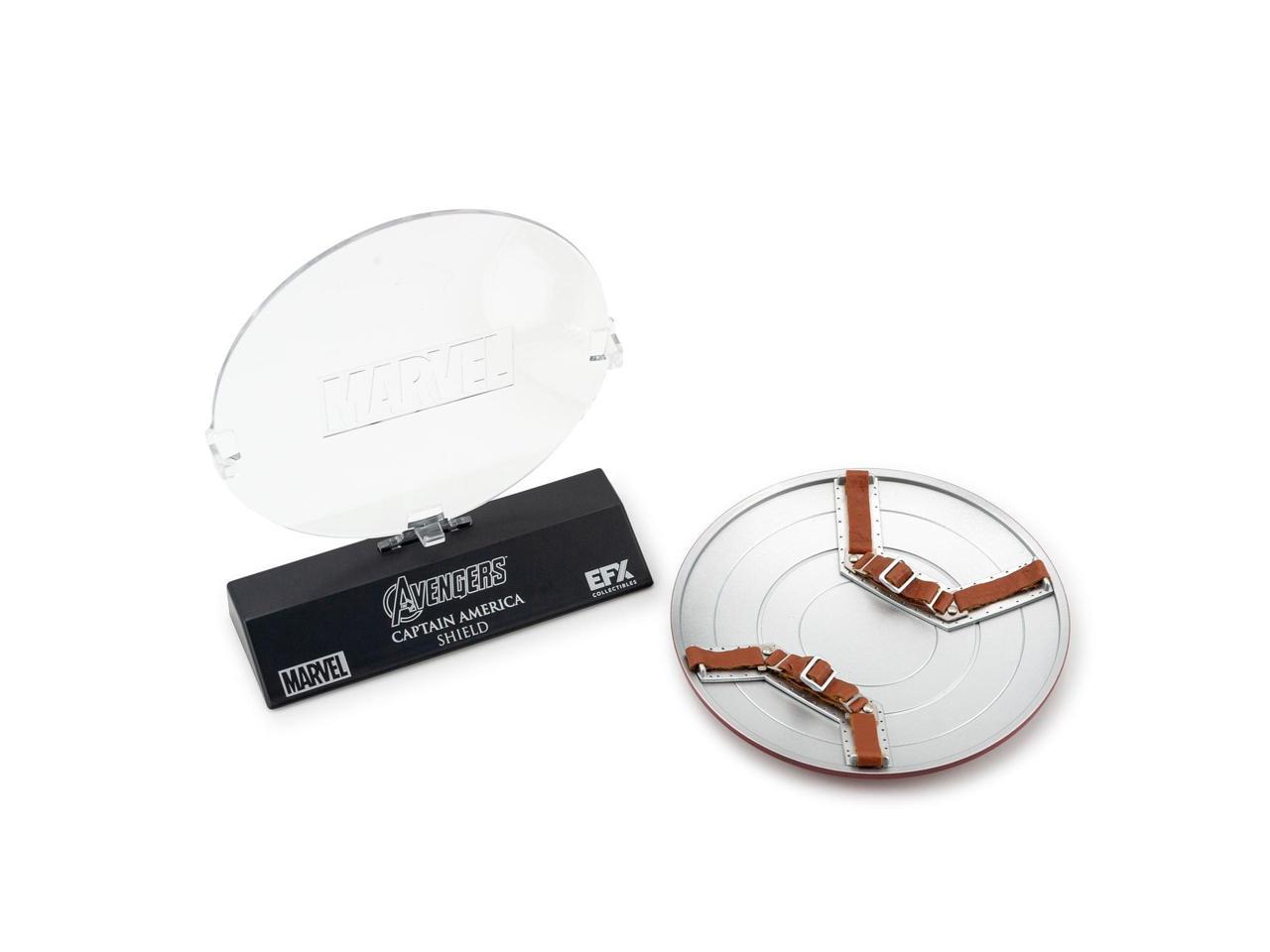- Drivers Efk Provider Usb Devices List
- Drivers Efk Provider USB Devices
- Drivers Efk Provider Usb Devices For Sale
WSD (Web Services for Devices) was designed to make life easy when it comes to installing printers. However, it often has the opposite effect, and in many cases, you probably shouldn’t use it. Here we tell you why.
USB Attached SCSI (UAS) Driver: Manual: USB Audio 2.0 Service: Manual: USB Audio Driver (WDM) Manual: USB Chipidea Controller: Manual: USB Connector Manager KMDF Class Extension: Manual: USB Connector Manager UCSI Client: Manual: USB Device Emulation Support Library: Manual: USB Function Class Extension: Manual: USB Host Support Library: Manual. The driver download area could be called by any of several different names including Downloads, Software Downloads, Driver Downloads, Drivers, Drivers and Firmware, Drivers and Software, etc. If you visit a website's home page first, look for a Support area. Any driver download options will probably be located within that area. Hi-Speed USB 2.0 Device/Host/OTG 10/100 Mbps Ethernet MAC with MII and RMII interface Crypto Engine with a RNG for data encryption/decryption and authentication (AES, 3DES, SHA, MD5, and HMAC). The driver Driver WUDFRd failed to load for the device BCMNFCUSB NFCPROVIDER 7&13787e1f&0&257. The driver Driver WUDFRd failed to load for the device CVUSBDRV WBFPROVIDERTOUCH 7&116e08d2&0&513. Connected laptop to another known good dock (same model) and issue follows the laptop.

All current software, firmware, and drivers for the Surface Pro 3; including optional WinTab drivers. Links to drivers for other Surface devices are in the Details section below.

What exactly is WSD?
WSD is a similar technology to Apple’s Airprint. Mci driver download. Essentially, any computer on the same network as a WSD enabled device will automatically install the printer on your behalf.
Microsoft and Wikipedia describe it as:
Web Services for Devices allows network-connected IP-based devices to advertise their functionality and offer these services to clients by using the Web Services protocol.
WSD provides a network plug-and-play experience for Printers, Scanners and File Shares that is similar to installing a USB device.
This removes the painful process of unearthing the correct device driver, the device’s IP address and figuring out how to install it on the computer.
Sounds like a great idea! Who enjoys installing printer drivers, right? But…
Drivers Efk Provider Usb Devices List
The problem with WSD
The problem with this is that Microsoft uses a generic driver designed to work with a whole range of devices. This means you will be able to print in mono or colour, and choose between single or double sided. If that’s all you need, then WSD will certainly be a benefit.
For those looking for a bit more from their Printer/Multifunctional, they may need all of the features available to the device such as Secure Print, Store in Mailbox, Department ID Authentication, Booklet Folding, Saddle Stitching, Hole Punch etc.
In this scenario, you really don’t want Windows installing a WSD based print driver. Here’s how to prevent it.
How to prevent WSD
1 – Turn off WSD at the device. This is the best way to prevent Web Service Devices from installing on your PC. WSD is listed in most printers/MFD’s under Network Settings.

2 – Don’t use Auto Detect when installing the print driver. If you are manually installing the driver, the screen below shows the setting you should choose. To prevent WSD, you should change the Device Type from Auto Detect to TCP/IP Device. Windows will then ask you to select the location of the correct driver you want to install.
Get help
Our Service Team can help if Windows continuously installs the wrong driver on your your PCs, or you need help locating the correct driver for your device.
You can also see http://slideplayer.com/slide/2389995/ for further information on the WSD installation process.
-->This section describes the generic WinUSB driver (Winusb.sys) and its user-mode component (Winusb.dll) provided by Microsoft for all USB devices.
In versions of Windows earlier than Windows XP with Service Pack 2 (SP2), all USB device drivers were required to operate in kernel mode. If you created a USB device for which the operating system did not have a native class driver, you had to write a kernel-mode device driver for your device.
Windows USB (WinUSB) is a generic driver for USB devices that was developed concurrently with the Windows Driver Frameworks (WDF) for Windows XP with SP2. The WinUSB architecture consists of a kernel-mode driver (Winusb.sys) and a user-mode dynamic link library (Winusb.dll) that exposes WinUSB functions. By using these functions, you can manage USB devices with user-mode software.
Winusb.sys is also a key part of the link between a UMDF function driver and the associated device. Winusb.sys is installed in the device's kernel-mode stack as an upper filter driver. An application communicates with the device's UMDF function driver to issue read, write, or device I/O control requests. The driver interacts with the framework, which passes the request to Winusb.sys. Winusb.sys then processes the request and passes it to the protocol drivers and ultimately to the device. Any response returns by the reverse path. Winusb.sys also serves as the device stack's Plug and Play and power owner.
Note WinUSB functions require Windows XP or later. You can use these functions in your C/C++ application to communicate with your USB device. Microsoft does not provide a managed API for WinUSB.
This section describes how to use WinUSB to communicate with your USB devices. The topics in this section provide guidelines about choosing the correct driver for your device, information about installing Winusb.sys as a USB device's function driver, and a detailed walkthrough with code examples that show how applications and USB devices communicate with each other.

This section includes the following topics:
Windows Support for WinUSB
The following table summarizes WinUSB support in different versions of Windows.
| Windows Version | WinUSB support |
|---|---|
| Windows 10 and later | Yes² |
| Windows 7 | Yes¹ |
| Windows Server 2008 | Yes² |
| Windows Vista | Yes² |
| Windows Server 2003 | No |
| Windows XP | Yes³ |
| Windows 2000 | No |
Note Yes¹: All SKUs of this version of Windows support WinUSB on x86-based, x64-based, and Itanium-based systems.
Yes²: All SKUs of this version of Windows support WinUSB on x86-based and x64-based systems.
Drivers Efk Provider USB Devices
Yes³: All client SKUs of Windows XP with SP2 service packs support WinUSB. WinUSB is not native to Windows XP; it must be installed with the WinUSB co-installer.
No: WinUSB is not supported in this version of Windows.
USB Features Supported by WinUSB
The following table shows the high-level USB features that are supported by WinUSB in different versions of Windows.
| Feature | Windows 8.1 and later | Windows 7/Vista/XP |
|---|---|---|
| Device I/O control requests | Supported | Supported |
| Isochronous transfers | Supported | Not Supported |
| Bulk, control, and interrupt transfers | Supported | Supported |
| Selective suspend | Supported | Supported |
| Remote wake | Supported | Supported |

Drivers Efk Provider Usb Devices For Sale
Related topics
